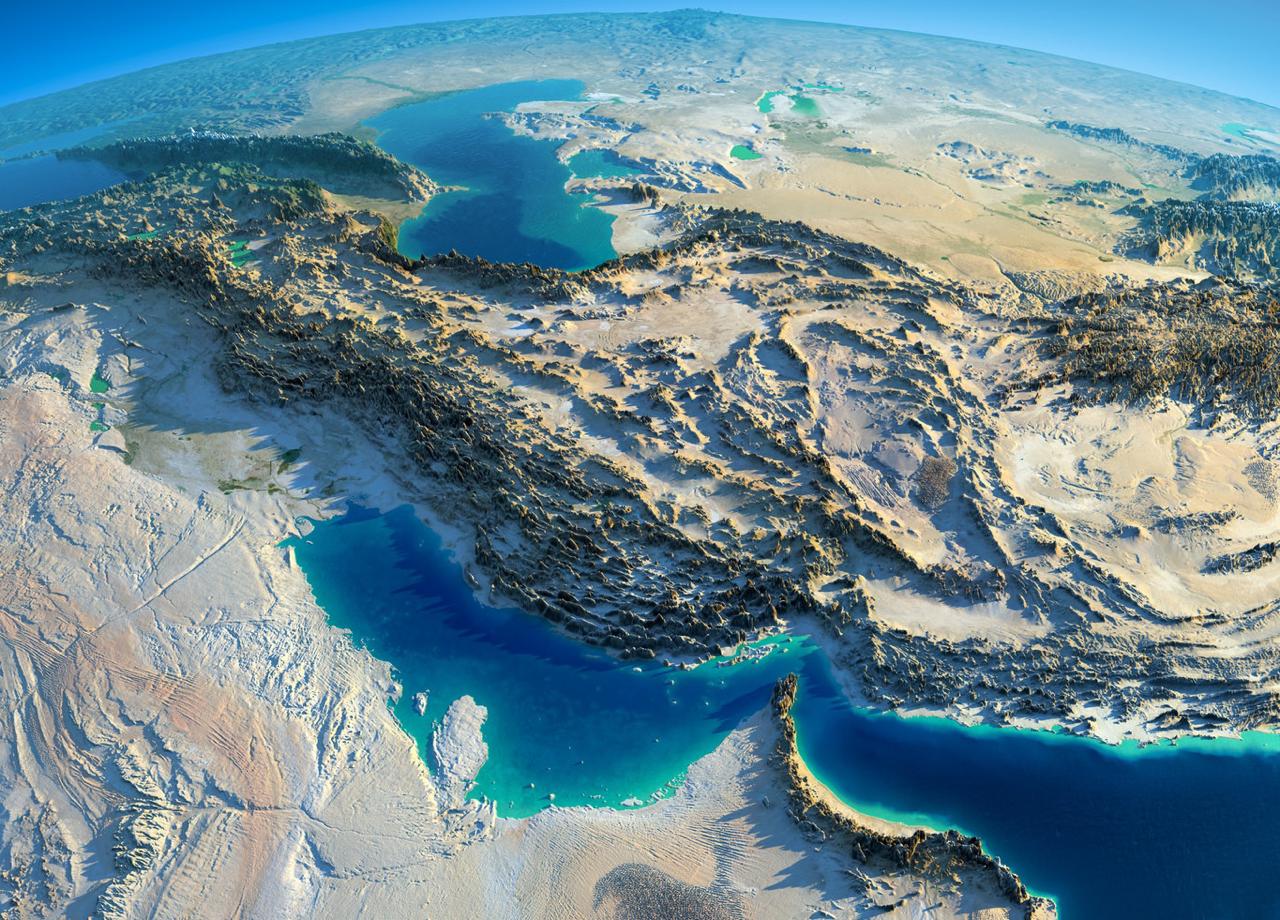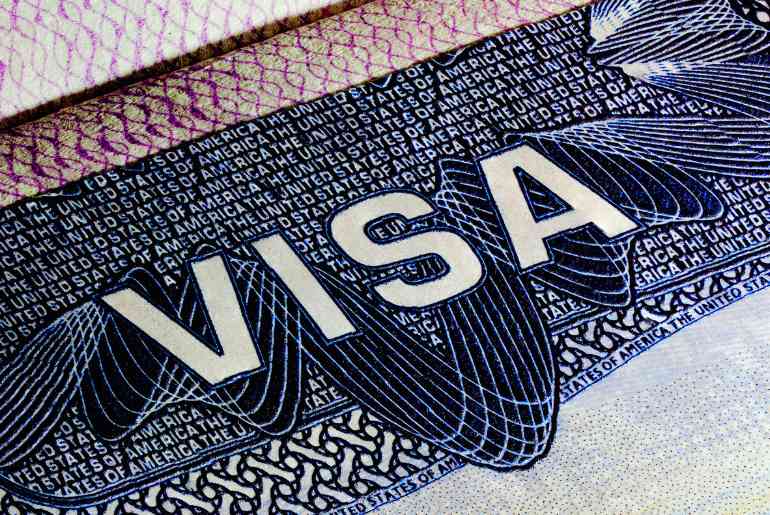Blog | 2025/05/14

Iran's Financial System and International Transfer Problems
Iran’s financial system is uniquely complex and influenced by a variety of geopolitical factors, making international transactions a challenging task for its citizens and businesses. Due to economic sanctions, restrictions on currency exchange, and strict government controls, transferring money from or to Iran can be a complicated and often frustrating process. This blog post will explore the intricacies of Iran’s financial system, the barriers to international transfers, and provide practical advice on how to navigate these challenges. Whether you are a business owner, a traveler, or simply someone with family in Iran, understanding these issues is crucial for ensuring smooth financial transactions across borders.
1. Introduction
For many Iranians, conducting international transactions is fraught with difficulties. The Iranian financial system, under the weight of international sanctions and strict government controls, limits the country’s access to global financial markets. For those looking to send or receive money across borders, understanding these challenges is essential. In this post, we will explore the impact of sanctions, the role of Iranian banks in the global system, and the various methods available for international transfers. If you are facing issues with international transfers to or from Iran, keep reading to find practical solutions and insights.
Understanding Iran’s Financial System
Iran’s financial system is characterized by a unique blend of state control and modern banking practices. The system operates under the supervision of the Central Bank of Iran (CBI), which governs monetary policy, sets interest rates, and oversees foreign exchange activities. However, the system’s ability to interact with the global financial community is heavily restricted due to international sanctions imposed primarily by Western countries.
Impact of Sanctions: Sanctions on Iran have targeted its banking sector, effectively isolating it from the global financial system. These sanctions have led to the disconnection of major Iranian banks from SWIFT (Society for Worldwide Interbank Financial Telecommunication), which is the global network that facilitates cross-border transactions. This disconnection means that transactions with international counterparts can be delayed or blocked entirely.
State Control and Bureaucracy: The Iranian financial system is also marked by significant state intervention. While private banks do exist, they are often tightly regulated and subject to government oversight. This control extends to foreign exchange transactions, where strict guidelines dictate how currency can be bought, sold, and moved across borders. For individuals and businesses in Iran, navigating these restrictions can be challenging and requires a deep understanding of the system.
Barriers to International Transfers from Iran
The barriers to international transfers from Iran are numerous and complex, affecting both personal and business transactions. Here are the main challenges:
Call to Action #1: If you are planning to send money internationally from Iran, consider using alternative methods like peer-to-peer platforms or specialized money transfer services that operate within the country’s restrictions. Research thoroughly and consult with financial experts to find the safest and most cost-effective solution.
Navigating International Transfers to Iran
Sending money to Iran also comes with its own set of challenges. Due to sanctions, many international financial institutions are hesitant to deal with Iranian transactions, leading to delays and potential blockages. Here’s what you need to know:
Call to Action #2: To successfully send money to Iran, consult with a financial advisor who understands the nuances of international transfers involving Iranian banks. They can provide guidance on the best methods and help avoid pitfalls in the process.
Practical Advice for Safe and Effective International Transfers
Given the challenges, it’s essential to adopt strategies that mitigate risks and ensure the safety and efficiency of international transfers:
Call to Action #3: To avoid pitfalls and ensure your international transfers to or from Iran are as smooth as possible, stay informed about the latest developments in the financial sector. Subscribe to reliable news sources and follow updates from official regulatory bodies.
Conclusion
Iran’s financial system presents significant challenges for international transfers due to sanctions, currency controls, and economic instability. However, by understanding these barriers and employing effective strategies, individuals and businesses can still navigate this complex landscape. Using alternative methods, consulting with experts, and staying informed about changes in the financial environment are key to overcoming the difficulties of sending money to and from Iran.
In summary, the Iranian financial system is intricate and heavily influenced by external factors. By taking proactive steps, you can mitigate risks and ensure successful international transactions. If you are experiencing difficulties with sending or receiving money internationally from Iran, don’t hesitate to seek professional advice. By understanding the system and using the right tools, you can facilitate your financial transactions more effectively.


Blog | 2025/08/31










